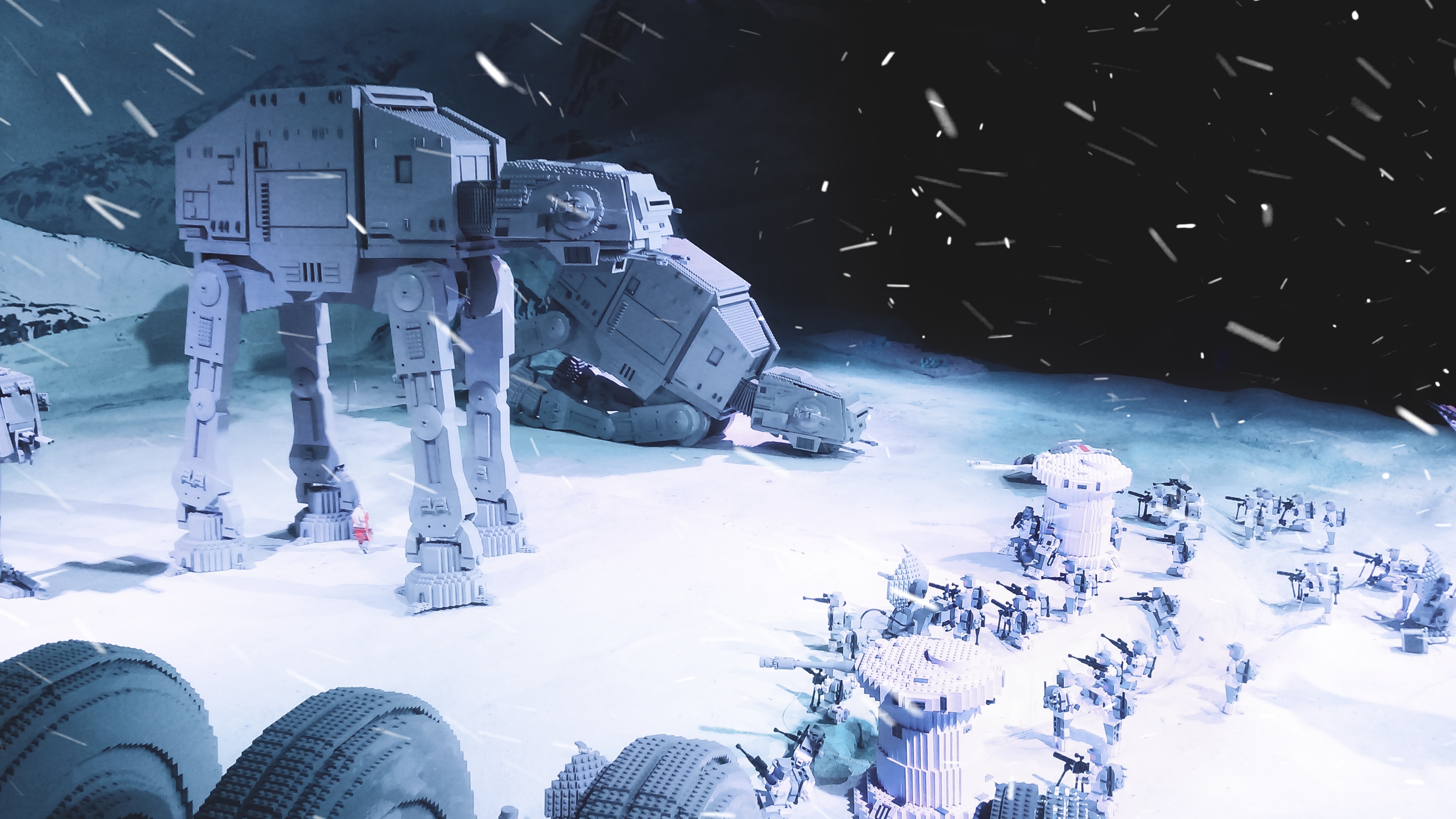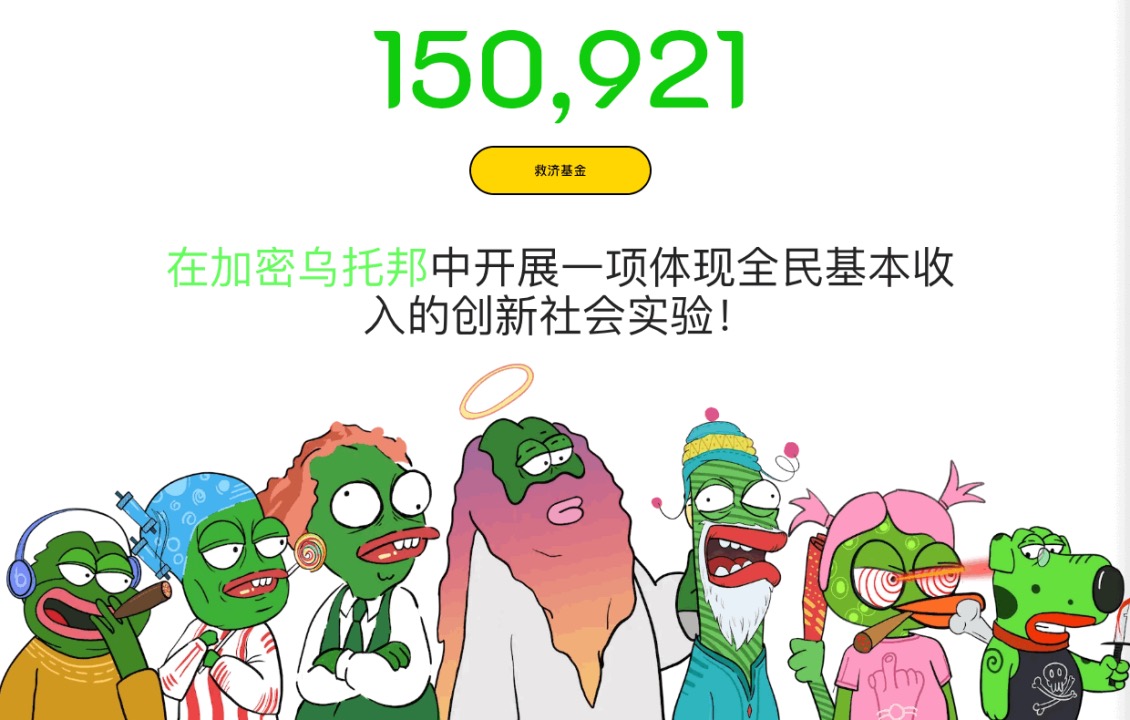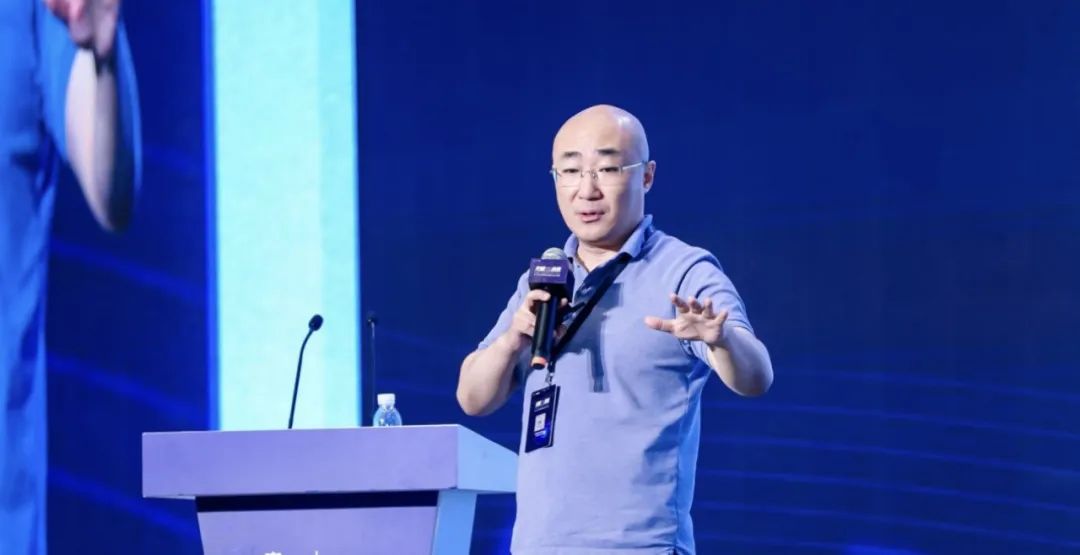Talking about DAO Governance: "Man Rule" + "Autonomy" —— Evolving Way of DAO Governance
"Man Rule" + "Autonomy": Evolving Ways of DAO Governance
The minimum feasible DAO for a single target has been proven and it can be successful, such as MolochDAO. But we know that human collaboration often exceeds the smallest feasible unit, and even requires large-scale collaboration. If we want to apply DAO to more scenarios, then "DAO governance" is a particularly important topic, because poor DAO governance will push us into the quagmire. Unfortunately, there is no guidance on DAO governance to help us.
In early March of last year, I participated in a DAO (as a coordinator). Participants included Web3 developers, Web2 developers, and a large number of non-technical personnel who have never been exposed to web3 (including: designers, product managers, administrators, accountants , Entrepreneurs, media workers, musicians, painters, filmmakers, students, etc.). In the past year, I have gained some experience in DAO governance and accumulated a lot of lessons. I have always wanted to write some summaries, but unfortunately I have no time.
These days, in the " 1 Million developers " community, Kames and I have talked about the topic of DAO governance, and I have expressed to him some of my thoughts. This event encouraged me to complete this summary article on DAO governance. Thanks Kames! I also hope to continue to complete other thought articles on DAO, and I hope to be a series. I hope to provide some reference or inspiration for those who intend or have already practiced DAO. But they are just my personal opinions, not necessarily right. If it was me who pushed you into the quagmire, I would not save you!
- Review of the DApp ecosystem in 2019-the market trend is highlighted, relying on phenomenal games to survive?
- A road to smart hospitals: regulatory audits made easy
- "Steemit lightning seizure of power" has triggered a big discussion on public chain governance. Where does the individual "voting right" go?
Regarding DAO governance, we face many questions, or confusion, such as:
What form of governance is decentralized?
How do we achieve "autonomy"?
The advantage of DAO should be to reduce the cost of communication between people through automated code, but why does it seem that we have not reduced the cost of communication, but rather higher?
I want to use DAO to complete the development of a product, how do I manage the project?
I am an entrepreneur and I am excited about the advantages of DAO, but do I really want to turn my company into a DAO?
These puzzles actually focus on one issue: how do we do it in line with DAO (decentralization and autonomy). Obviously we are facing a problem of basic principles of organizational governance. This is like 0 and 1 in binary code, either black or white. It is also because of black and white that many DAOs are stuck in the quagmire, and many people trying to try DAO are discouraged.
I personally believe that the governance of DAO needs to be gradual. This is the starting point for solving these problems.
Progressive
We are not ready for a thorough DAO. This is because the relevant governance mechanisms, tools and technologies are not yet perfect, but more importantly, people's consciousness and habits. We cannot guarantee that every participant is ready for DAO. This is like a web3 product. We need to find a way to make it easier for web2 users to get started with web3 and allow more users to enter the web3 world faster. Only when web3 has formed a scale effect can we truly activate the development of the web3 ecosystem. On this point, Eric Chung introduced it in his article Incremental Decentralization .
The same is true of DAO governance. Only by allowing DAO to form a scale effect in the society, can the development of a global DAO network be truly activated, including the improvement of corresponding governance mechanisms, tools and technologies, as well as the formation of people's general awareness and habits.
So before we're not ready, try not to put a "black or white" shackle on ourselves. We have no direct flights to Rome, we must be "gradual".
The question is, how do we progress? I think there is an implementation:
Rule by man + autonomy
Also, can we really achieve complete "autonomy"? This is also a topic worth studying.
Rule by man + autonomy
The rule of man is a "thermal connection", which is a non-quantifiable, high-frequency communication. The obvious example is the Telegram group. Autonomy is "cold connection", which is quantifiable, low-frequency communication. One way to achieve this is Bounty.
The rule of man is dedicated to solving non-quantifiable issues in DAO governance. For example, DAO's future planning, dealing with emergencies, discussing major issues, and so on. These transactions often cannot be designed in advance to be automated. It's like we can't design a standardized treatment plan for emergencies in advance, because the components of each incident are different. Obviously, the rule of man does not fit the pure DAO spirit. But only it can solve the most difficult problems in DAO governance.
Autonomy is dedicated to dealing with quantifiable transactions in DAO governance. Such as development tasks, design work, financial processing accounting work, and so on. These transactions can usually be designed in advance to automate procedures. A good way to do this is Bounty. Bounty's biggest advantage is standardization. We just need to design a perfect Bounty mechanism to handle different types of work. Bounty's most important thing is "quantification". As long as sufficient quantification is achieved, many tasks and tasks of DAO do not need to rely on communication, or even communication. Generally speaking, if your DAO is a non-minimum feasible DAO, such as a product development team, or a decentralized company, then autonomy will definitely account for most of the workload of DAO governance.
Bounty usually needs to include the content of each link of the task and their various indicators, such as: task description, task requirement list and corresponding specifications, completion time, acceptance criteria, bounty amount, etc. Let's boldly give an example:
DAOSquare Bounty # 007
Task description : Develop an electronic mosquito coil program for coronavirus
Task requirement list :
- Mac APP language: Swift requirements: no more than 10 lines of code allowed
- iPhone APP language: Swift requirements: no more than 9 lines of code allowed
Completion time: 3 hours
Acceptance criteria: Experiment in person and pass if successful
Bounty amount: 100 $ MAGIC
You may have discovered that we can use this Bounty template for other tasks, let's take a look:
DAOSquare Bounty # 008
Task description : Cleaning the room
Task requirement list :
- Living room tools: Mop requirements: Water consumption is not allowed to exceed one bucket
- Kitchen tools: Rag requirements: Do not allow more than half a bucket of water
Completion time: 1 hour
Acceptance criteria: qualified if no bacteria can be seen with a microscope
Bounty amount: 10 $ MAGIC
I believe no one will actually release the above Bounty! But seriously, the more specific and clear the content of Bounty, the smoother the implementation and the lower the communication cost.
Of course, Bounty is bound to have an unexpected situation. For example, the bounty hunter suddenly quit. At this time, the rule of man needs to be started to deal with this difficult problem.
Therefore, we need to flexibly combine human governance and autonomy in DAO governance. My suggestion is to component them.

Componentization
We better think of rule of man and autonomy as two components, like Lego blocks. According to our needs, it can be flexibly combined into different governance solutions. For example, we can split a software development project into different tasks, each of which is equivalent to a building block. There are people who manage the building blocks as well as autonomous blocks. And it is very likely that a building block itself is also composed of several different building blocks. It's like you build a Lego city, a building as a part of the city (a building block), but it itself is also made up of many different building blocks.
So, whether you can do DAO governance well depends on whether you are a good Lego player!
The componentization mentioned above is aimed at the internal governance of DAO. Let's expand the scope and see how to take advantage of componentization in a collaborative network composed of multiple DAOs.
First of all, I want to express my point: Try not to start large and complex DAOs. Such DAOs have a very high failure rate . The DAO with the most tenacious and easiest success must be the smallest feasible DAO. Similarly, the DAO collaboration network with the most tenacious and easiest success must be built from the smallest feasible DAO. The success of Yiwu's small commodities industry speaks for itself.
Based on this model, each DAO in the network is a component, or a Lego building block.
Vitalik once said:
"The killerness of the ecosystem is not the nodes, it's the links. Every single application that gets built is not just an application in its own right, it's also a component that every future thing in the Ethereum ecosystem can benefit from."
The same is true of the DAO collaboration network, and its Achilles heel is also connectivity. Each DAO should become a component of the entire DAO network, so that other DAOs or DAO combinations in the network can benefit from it.
The question is, how to connect DAOs in the network to build a DAO Lego world with infinite imagination? We also need to use the two governance blocks of "rule of man" and "autonomy".
The "personal governance" + "autonomy" model can not only be used as a tool for internal governance of the DAO, but also applicable to the governance of the outside, between DAO and DAO, and even the entire DAO collaboration network.
For example, Bounty, we can also trade between DAO and DAO through Bounty, which is similar to a contractor. If this DAO collaboration network is built on the myriad of smallest feasible DAOs, then each DAO is a contractor to another DAO and an employer at the same time. If their transactions are based on tokens, then the common interests of each other and even the entire DAO network will be greater, making this game a game of positive and negative games. This is an absolute advantage and competitiveness over traditional business collaboration models.
However, everything is developing rapidly, especially DAO, and the above theory needs to be adjusted accordingly.

Some questions I encountered
My DAO is a large, complex DAO, what should I do?
This situation is quite common and is also an issue for those who want to change their company to DAO. my suggestion is:
- First, cut off the non-core units. For example, fiscal and taxation can be outsourced.
- Then split those units that you can't throw away into DAOs, run them with the smallest feasible DAO, and keep each DAO in sync with a coordination unit.
But to be honest, I don't recommend you do this, especially if you are a novice DAO.
How should I launch Bounty? Is there a tool or template?
I used to make some Bounty templates. Although it requires someone to manage Bounty, it is not "autonomous" enough, but in general it works fine. If there is a great tool then it is best. Is this a business opportunity?
Is there a place where I can learn to exchange this knowledge?
No doubt DAOSquare is this place!
Also, we are building a better place, and you will definitely love it! Want to find out some inside information in advance?
We will continue to update Blocking; if you have any questions or suggestions, please contact us!
Was this article helpful?
93 out of 132 found this helpful
Related articles
- EY and ConsenSys announce the launch of the baseline protocol to ensure the safe and efficient use of the Ethereum mainnet by enterprises
- Research | Interpreting the Prediction Market: Why is "stacking" important?
- Reflections on the "Wei Union Deletion Event": the advantages of blockchain technology and the disadvantages of blockchain industry
- Defi Attack: Open Finance for Open Finance
- Perspectives | DeFi Insurance Design: Always Start with General Equilibrium and Reduce Systemic Arbitrage
- On the road to industry, how does a decentralized blockchain replace the centralized Internet?
- Viewpoint | Blockchain is the only way to realize the digital economy in cyberspace






